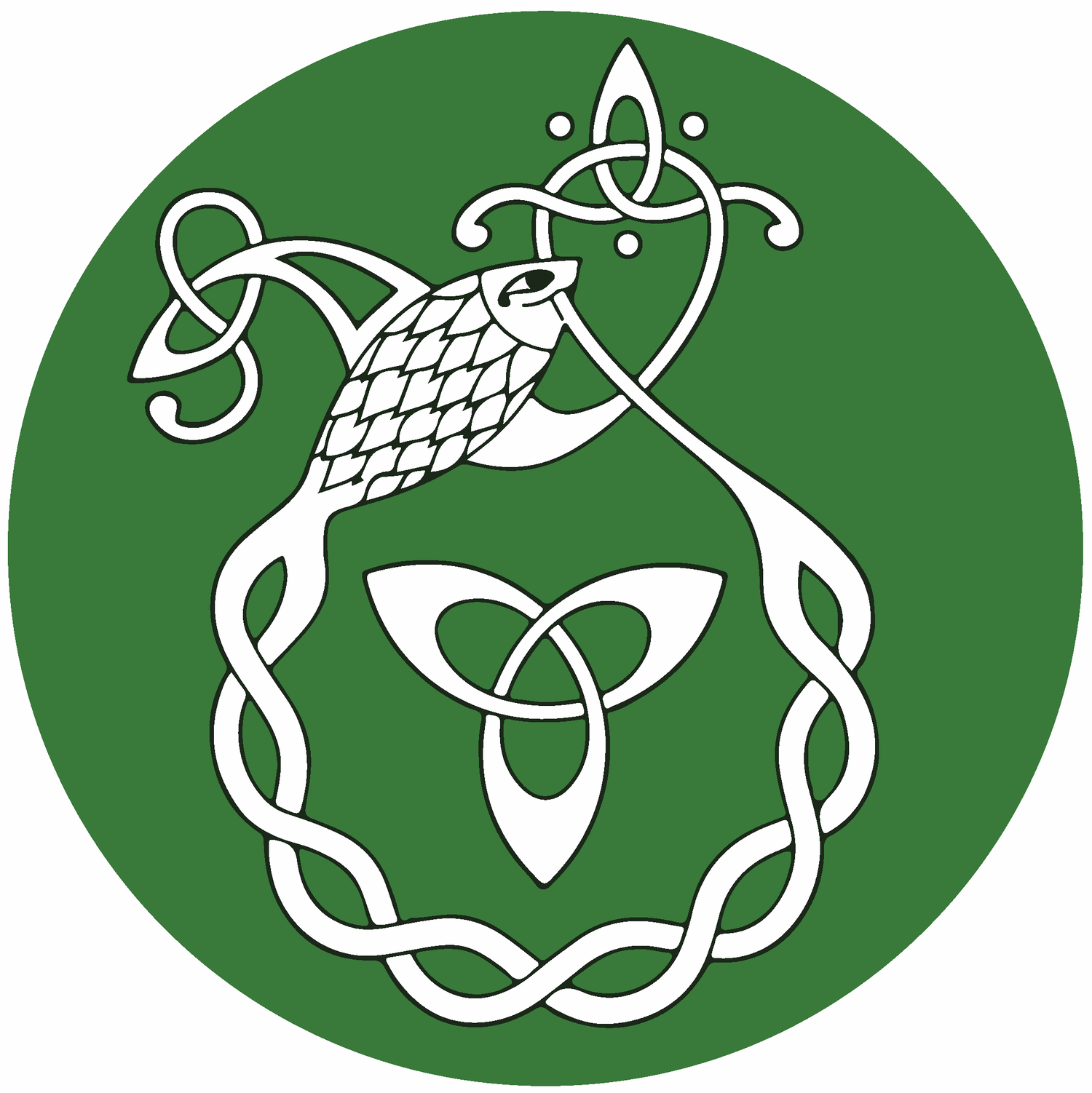Na Gaeil san Áit Ró-Fhuar
1990-Anois: Language Revival
“Language matters—spiritually, culturally, emotionally. Written and spoken words are an art form, a way for values and traditions to be passed down for generations. When a language is lost, part of that culture is lost. By the same measure, when language is preserved, the traditions and customs continue living in the hearts and minds of those who understand it. Language is more than the sum of its parts: it’s not just sentence-structure and grammar, language is history and discourse, customs and heritage.”
- Natalie Rogers (1)
While there are an estimated 70 million people around the world with Irish ancestry, the number of daily speakers of Irish has decreased to the point that the language’s very existence is endangered and the survival of Irish requires a concerted effort to create new speakers.
Gaeltacht an Oileáin Úir
Recognizing that potential speakers were limited by having no immersive learning opportunities in North America, Séamus Mac Concharraige established Cumann na Gaeltachta in 1994. This organization began offering weekend immersion courses, eventually evolving into Gaeltacht an Oileáin Úir, which was officially opened in 2007 under the leadership of Aralt Mac Giolla Chainnigh. The establishment of Gaeltacht an Oileáin Úir has been called “the single most striking development for the Irish language outside of Ireland in recent history.”(2) Gaeltacht an Oileáin Úir plays a central role in the language revival in North America, fostering a sense of community among learners and speakers and reintroducing Irish descendants to their rich cultural heritage.
The Gaeltacht also preserves the memory of those trailblazers who struggled to reclaim or maintain their language against all odds, and to preserve it for us today: speakers such as Aloysius ‘Aly’ O'Brien, called the ‘last speaker of Irish’ in Newfoundland, who through love of his language continued to teach Irish from his hospital bed until his death in 2008 at age 93.(3)
Irish Ethnicity and Language Outlook
Irish ethnicity remains strong in Canada, with approximately 4.5 million Canadians claiming full or partial Irish descent, making it the fourth-largest ethnic group in the country. The influence of Irish heritage is evident in place names across Canada, such as Antrim, Dublin, Killarney, Waterford, and others, which serve as reminders of the origins of the early settlers. University-level courses have been established at St. Thomas' (NB), St. Francis Xavier's and St. Mary's (NS), Memorial (NL), Toronto and Ottawa (ON), and Concordia (QC).
As of the 2006 census, there were 6,015 remaining ‘Gaelic’ speakers in Canada(4), with one-third of those using the Irish language, either daily or weekly. Many Irish nationals live in Canada, but only a small fraction use the Irish language. The number of Canadian Irish speakers is even lower, around 500 across the country, but in retaking the language they have also built a purpose for Irish in their lives with around 80% of Canada-born speakers saying they use it daily.(5)

A Symbol of Heritage
Notably, in 2013 Irish was used for the first time in Space, by Canadian astronaut Chris Hadfield of Sarnia, Ontario, while aboard the International Space Station. Seán Tadgh Ó Gairbhí wrote of this: “Here was a language that clings stubbornly, if a little forlornly, to its status as the oldest living vernacular in Europe, fully alive again for a brief moment in the cosmos.”(6) This event symbolizes the enduring presence of the Irish language and its significance in celebrating a uniquely Canadian heritage.(7)
At no point in the almost half a millennium of Irish history in Canada has there been a time when the Irish language was not heard somewhere across the country. Despite the challenges it has faced, the Irish language continues to connect individuals to their roots and foster a sense of pride in their cultural identity as Gaels. As Aralt Mac Giolla Chainnigh, former Taoiseach of Gaeltacht an Oileáin Úir states:
“...it is ‘my language’. It is the language of my ancestors, a language that they did not part with willingly, and a language which represents a cultural achievement surpassing any other single innovation of the Irish people.”(8)
For citation, please use: Ó Dubhghaill, Dónall. 2024. “1950-Anois: Language Revival.” Na Gaeil san Áit Ró-Fhuar. Gaeltacht an Oileáin Úir: www.gaeilge.ca
Any views expressed are those of the author alone, and may not reflect the views of Cumann na Gaeltachta. Any intellectual property rights remain solely with the author.
-
Rogers, Natalie. 2020. “Saving a language, preserving a culture” from UNM Newsroom. University of New Mexico. Online: https://news.unm.edu/news/saving-a-language-preserving-a-culture.
McMonagle, Sarah. 2012. “Finding the Irish Language in Canada.”New Hibernia Review. 16.1 (Spring).
Alec McDonald, the last native speaker of Scottish Gaelic in Ontario, passed away in 2001 marking the end of five generations speaking Gaelic in his community of Gleann Garadh. On his deathbed, he said: “All I ask is that someone talk to me in the Gaelic before I go then I’ll be ready.”
The Canadian census does not differentiate between any of the Gaelic languages, and many Canadians maintain the historical term “Gaelic” for the Irish language
Mac Giolla Chainnigh, Aralt. “Cá Mhéad Gaeilgeoirí Atá Ina gCónaí i gCeanada?.” Lúibín. Lúnasa (2005).
Ó Gairbhí, Seán Tadhg. 2013. “Let’s not lose our native tongue in outer space.” Irish Times [Dublin] 21 Feb 2013.
Mac Giolla Chainnigh, Aralt. “Peirspictíocht Phearsanta ar an nGaeilge mar Dhara Teanga.” Personal papers.
All other cited references, numbers, or quotations as from: Ó Dubhghaill, Dónall (Doyle, Danny). 2019. Míle Míle i gCéin: The Irish Language in Canada. 2nd Ed. Boralis Press: Ottawa.
Lóchrann an Oireachtais
Presented by Liam Ó Maolaodha, stiúrthóir Oireachtas na Gaeilge, the Lóchrann has served as the symbol of Oireachtas na Gaeilge Cheanada since Canada Day 2013.
Rath Cairn Bowl
Presented by the Rath Cairn Gaeltacht, Co. na Mí, as a gift of friendship with Gaeltacht an Oileán Úir, during Tóstal na Gaeilge, 2013.
Eithne Dunbar, founding member of Cumann na Gaeltachta and the Brockville Irish Society, singing Donnchadh Ruadh’s Newfoundland composition. Her albums graciously support the Gaeltacht.






